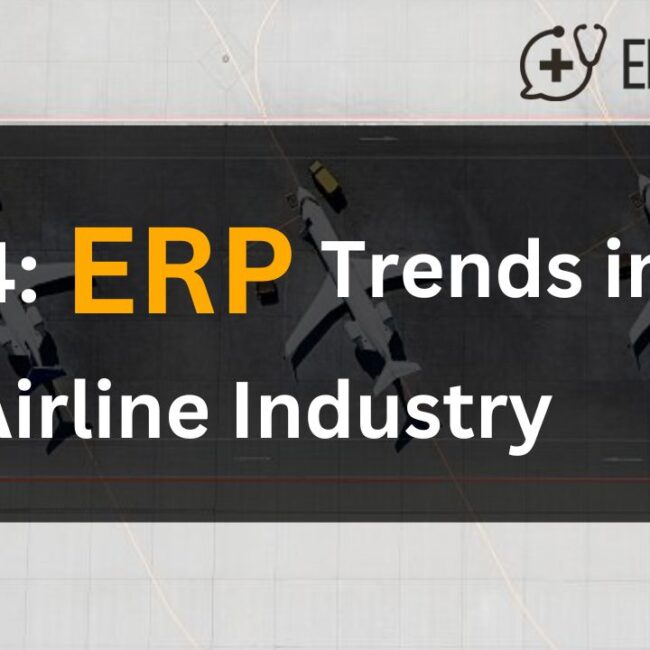5 Compelling Reasons for ERP Integration with your Application
ERP Integration is Essential: 5 Reasons to know why
In today’s dynamic business landscape, integrating applications or machines with Enterprise Resource Planning (ERP) systems has become increasingly crucial for ensuring seamless operations and leveraging the full potential of data. However, it’s not a task to be taken lightly, as evidenced by a global survey revealing a failure rate of 7 out of 10 integration attempts. In this article, we’ll explore five compelling reasons that underscore the importance of ERP Integration with your application or machine with an ERP system.
Heavy Data Transfer:
In scenarios where there’s a substantial exchange of data between your ERP system and another application, manual handling is simply impractical. Integration becomes paramount to facilitate the seamless and accurate flow of data. Examples include integrating e-commerce platforms, service ticketing systems, customer complaint management, and CRM systems with your ERP System.
Avoiding Manual Intervention:
Manual intervention in data handling poses risks such as data tampering or errors. By integrating systems, you can ensure data authenticity and correctness while eliminating the need for manual data entry. This is particularly crucial in areas like HR system integration or integrating machines such as weighing scales into your ERP environment.
Real-time Information with ERP Integration:
In today’s fast-paced business environment, timely decision-making relies on real-time data. Integration enables the continuous flow of information across applications, ensuring that data is up-to-date and actionable. For instance, integrating systems for monitoring exchange rates or metal exchanges provides critical real-time information for decision-makers.
Business Scalability:
While managing data transfer, manual intervention, and real-time information might be feasible for small businesses, scalability brings added complexity. As businesses grow, the need for integration becomes more apparent to support increasing operational volumes and complexities. Integrating systems early on lays the foundation for seamless scalability as your business expands.
Regulatory Compliance with ERP:
Many industries are subject to specific regulations or standards that require synchronized data across systems. Integration ensures compliance with regulatory requirements, safeguarding your business from legal risks. For example, integrating systems for e-invoicing ensures compliance with regulatory mandates while streamlining financial processes.
In conclusion, integrating your application or machine with an ERP system is not merely a technical task but a strategic imperative for modern businesses. By addressing challenges related to heavy data transfer, manual intervention, real-time information, business scalability, and regulatory compliance, integration paves the way for enhanced efficiency, agility, and compliance in today’s competitive landscape.
Embark on an inspiring journey today – Visit our website and discover a world of knowledge, creativity, and endless possibilities! Don’t miss out on exclusive content and exciting updates. Click here to explore and be part of our thriving community!
Visit Us : https://erpdoctor.in/







